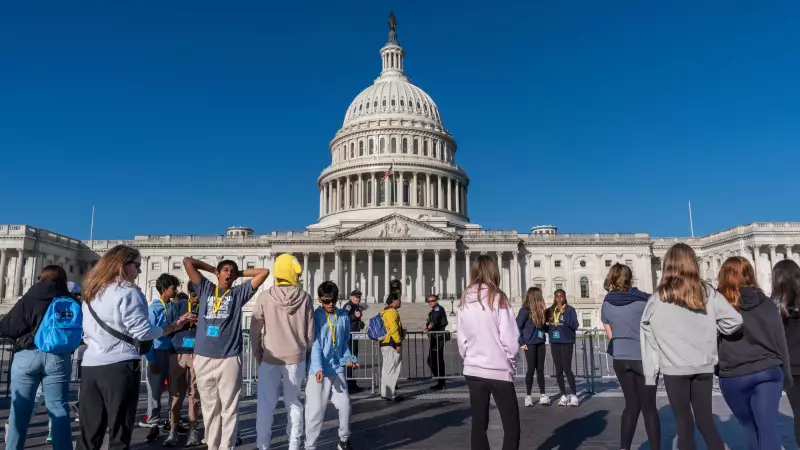
Food banks across the United States are sounding the alarm as they prepare for what could become a devastating surge in demand. The looming threat of a government shutdown has put critical nutrition assistance programs in jeopardy, potentially leaving millions of Americans without essential food support.
The Impending Crisis
With Congress struggling to reach a funding agreement, vital programs like SNAP (Supplemental Nutrition Assistance Program) and WIC (Special Supplemental Nutrition Program for Women, Infants, and Children) face immediate disruption. These programs serve as lifelines for low-income families, seniors, and children across the nation.
Food Banks on High Alert
Emergency food providers are already stretched thin, operating in what many describe as "permanent crisis mode." The potential shutdown comes at a particularly challenging time, with many food banks reporting increased demand coupled with declining donations.
"We're preparing for the worst while hoping for the best," said one food bank director who wished to remain anonymous. "Our shelves are already bare in many locations, and a shutdown could push us beyond our breaking point."
Who Would Be Most Affected?
- Low-income families relying on SNAP benefits for monthly groceries
- Pregnant women and young children dependent on WIC programs
- Seniors on fixed incomes who supplement their meals with food assistance
- Working families struggling with inflation and rising food costs
The Ripple Effect
The impact extends beyond immediate hunger concerns. Local economies could suffer as SNAP dollars stop flowing into grocery stores, and social service agencies would face overwhelming demand with reduced resources.
Food bank operators emphasize that they cannot replace the scale of federal nutrition programs. "We're the emergency room, not the primary care physician," explained one coordinator. "When the shutdown hits, we become the only option for many families."
Preparation and Concerns
Many food banks are implementing emergency protocols, including:
- Increasing food purchases from wholesale distributors
- Coordinating with regional partners to share resources
- Recruiting additional volunteers for expected demand spikes
- Identifying alternative funding sources for emergency operations
As the political stalemate continues in Washington, food bank operators watch with growing anxiety, knowing that the most vulnerable Americans will bear the heaviest burden of any government shutdown.





